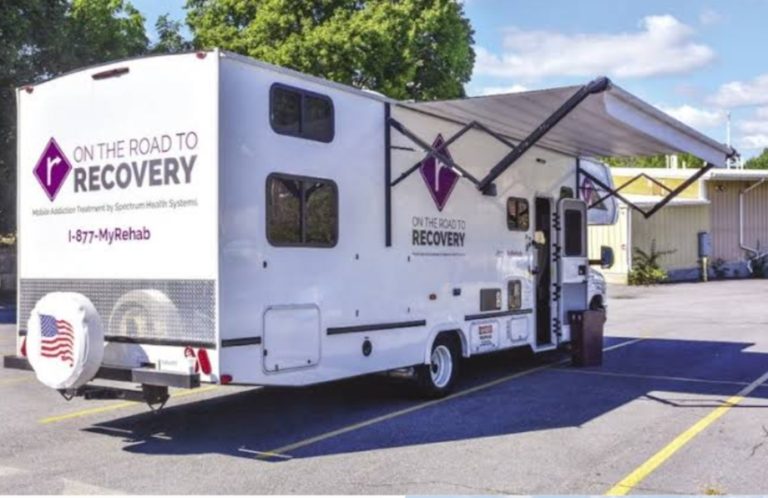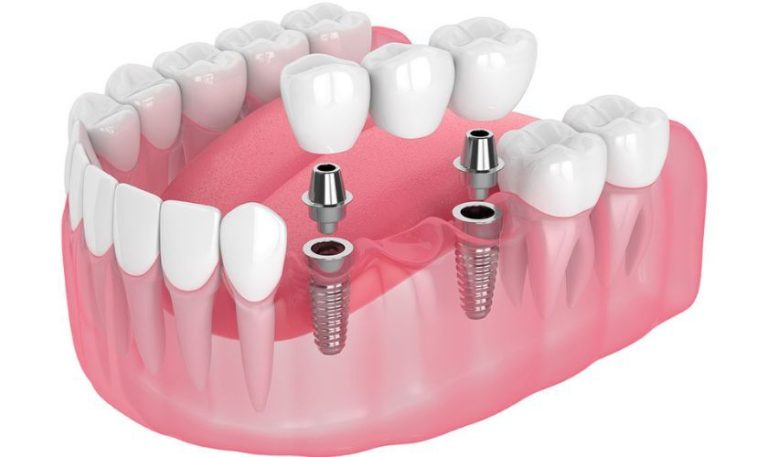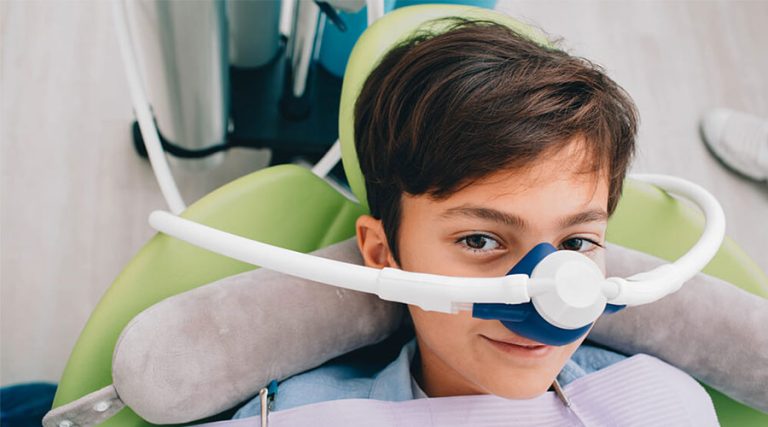What You Need to Know About Breath Alcohol Tests for Employment
When you’re applying for a job, you might encounter a breath alcohol test. Let’s break down what it is and what you should know about it.
What’s a Breath Alcohol Test?
A breath alcohol test, also known as a breathalyzer test, checks how much alcohol is in your breath. It’s often used by employers to make sure employees aren’t drinking on the job.
How Does It Work?
You blow into a device that measures the alcohol level in your breath. The results show if you’ve been drinking alcohol recently.
Why Do Employers Use It?
Employers want to keep the workplace safe. Alcohol can affect your ability to work safely, especially in jobs where you need to be alert and focused.
When Do You Take It?
You might take a breath alcohol test as part of the job application process. Some employers also do random tests or test employees after accidents.
Can You Refuse?
It depends on the job and the laws in your area. Some jobs require you to take the test as a condition of employment. Refusing might mean you don’t get the job or could face consequences if you’re already employed.
What Happens If You Test Positive?
If you test positive, it doesn’t always mean you’re fired right away. Some employers have policies for dealing with positive tests, like counseling or suspension. But if alcohol affects your job performance, you could lose your job.
How to Prepare?
The best way to prepare is not to drink alcohol before the test, especially if you know you have one coming up. It’s also essential to follow any instructions given by your employer.
Common Questions
1. Can I drink alcohol the night before the test?
It’s best to avoid drinking alcohol for at least 24 hours before the test to ensure accurate results.
2. Can medications affect the test?
Some medications and mouthwashes can affect the results, so it’s essential to inform the tester of any medications you’re taking.
3. What if I have a medical condition that affects my breath?
If you have a medical condition like diabetes or acid reflux that could affect the test, inform the tester beforehand.
4. Can I challenge the results?
If you believe the test results are inaccurate, you may have the right to challenge them, depending on your employer’s policies and local laws.
5. Do all employers require breath alcohol tests?
Not all employers require breath and alcohol testing, but some industries, like transportation and manufacturing, commonly use them to ensure workplace safety.
Now that you understand more about breath alcohol tests for employment, you can be prepared if you encounter one during your job search or while on the job.






